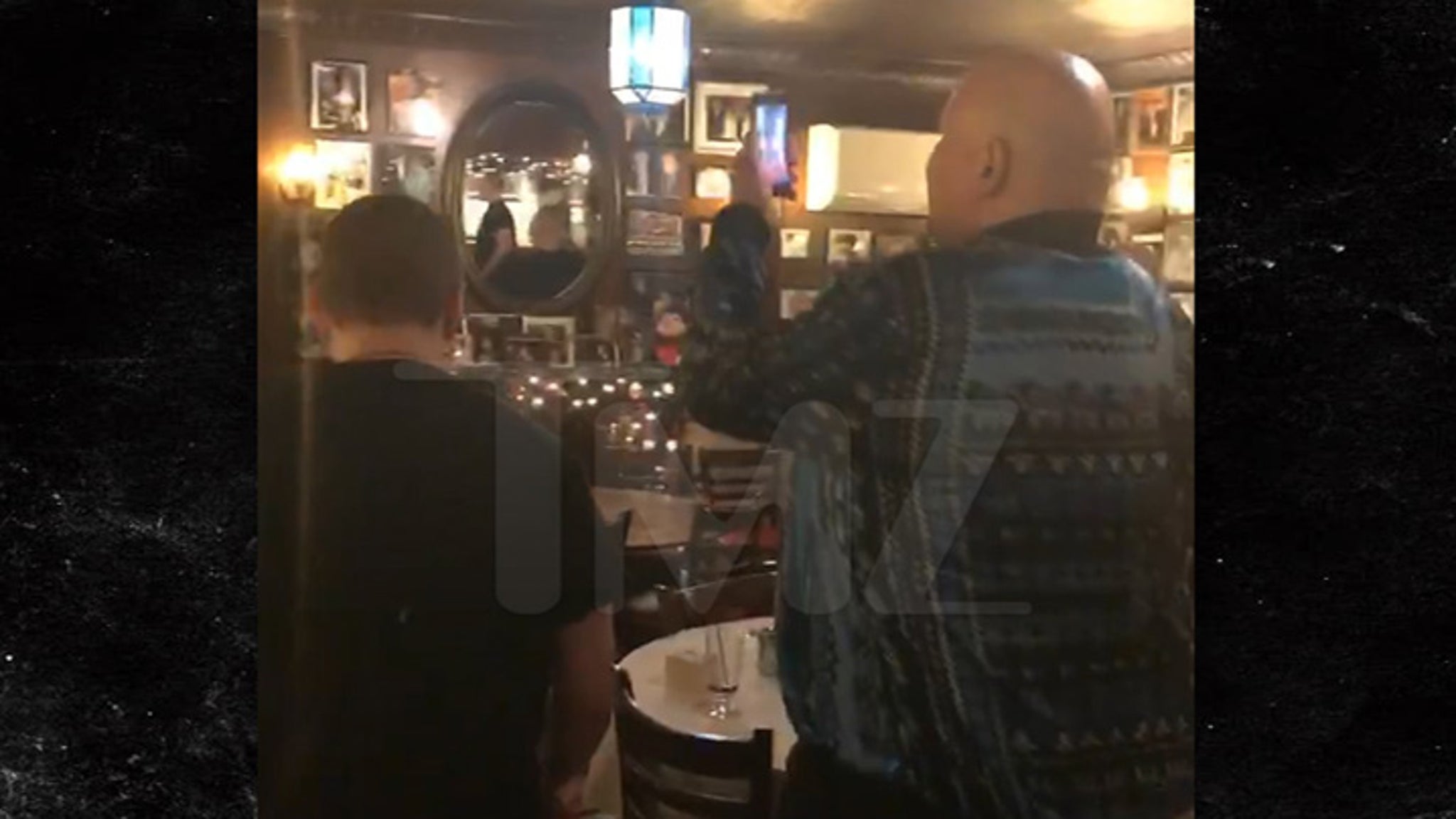

At their Virginia location they have installed low-flow aerators on all restroom sinks and changed all of the lightbulbs to compact fluorescent lighting in the event space.Ī number of their products are environmentally friendly. Both of their Washington, DC locations are powered by Clean Currents, meaning that they use clean power from wind, a renewable energy source.Īt all three locations, Busboys & Poets recycle all of their kitchen oil for biofuel and recycle most paper, plastic, glass, and aluminum. B Corporations™ meet higher standards of social and environmental performance and legal accountability. Busboys & Poets view a commitment to environmental sustainability as an ethical obligation that they have to their surrounding neighborhood and the world.īusboys & Poets is certified B Corporation™ which is a designation that differentiates good companies from just good marketing.
#Restaurant busboy full#
These, as is natural, are of the most diverse, and in part obscure, origin.2010 Mayor's Environmental Excellence Award Winner:īusboys and Poets is a full service restaurant and bar, founded on the notion that a restaurant can offer more than just food and drink. A noticable number of the modern words for 'boy', 'girl', and 'child' were originally colloquial nicknames, derogatory or whimsical, in part endearing, and finally commonplace. Boy-crazy "eager to associate with males" is from 1923. Boy-meets-girl "typical of a conventional romance" is from 1945 the phrase itself is from 1934 as a dramatic formula. Emphatic exclamation oh, boy is attested by 1917.

1600.Įxtended form boyo is attested from 1870. The meaning "male negro slave or Asian personal servant of any age" attested from c. In some local uses "a man," without reference to age (OED lists "in Cornwall, in Ireland, in the far West of the U.S."). Used slightingly of young men in Middle English, also in familiar or contemptuous use of criminal toughs or men in the armed services. ModE boy looks like a semantic blend of an onomatopoeic word for an evil spirit ( *boi) and a baby word for 'brother' ( *bo). ME boi meant 'churl, servant' and (rarely) 'devil.' In texts, the meaning 'male child' does not antedate 1400. Another conjecture: In Old English, only the proper name Boia has been recorded. This suggests a gradational relationship to babe.

Possibly from Old French embuie "one fettered," from Vulgar Latin *imboiare, from Latin boia "leg iron, yoke, leather collar," from Greek boeiai dorai "ox hides." (Words for "boy" double as "servant, attendant" across the Indo-European map - compare Italian ragazzo, French garçon, Greek pais, Middle English knave, Old Church Slavonic otroku - and often it is difficult to say which meaning came first.)īut it also appears to be identical with East Frisian boi "young gentleman," and perhaps with Dutch boef "knave," from Middle Dutch boeve, perhaps from Middle Low German buobe. as "male child before puberty" (possibly extended from the "urchin" sense). 1300, "rascal, ruffian, knave urchin," mid-14c. Mid-13c., boie "servant, commoner, knave" (generally young and male) c.


 0 kommentar(er)
0 kommentar(er)
